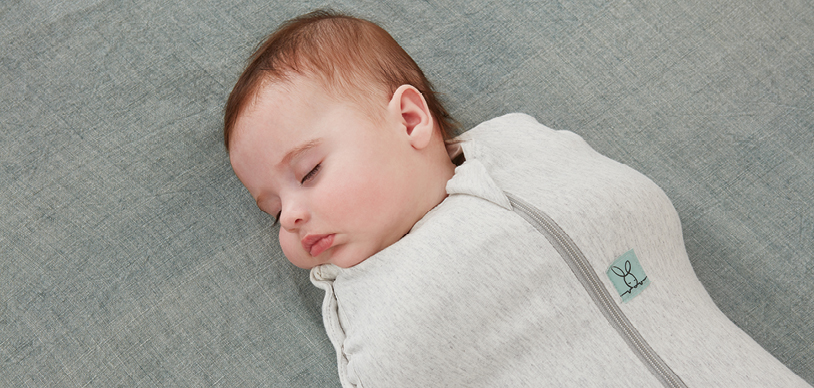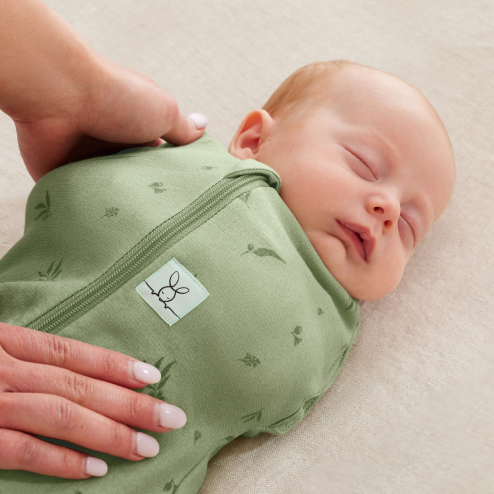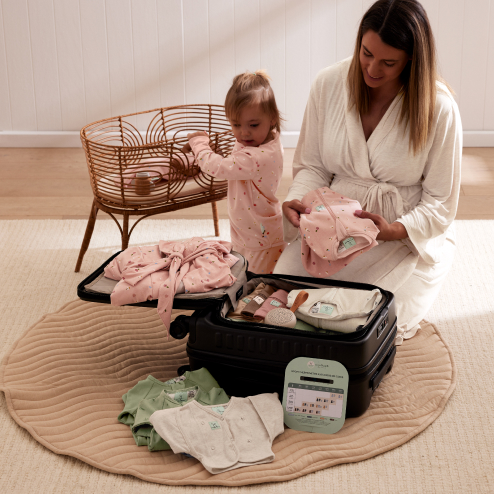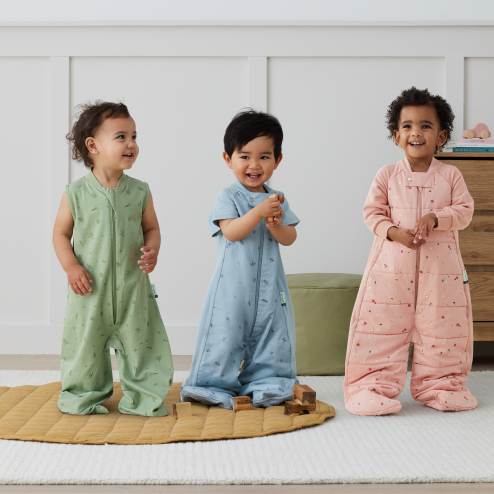
If the answer were an easy one, then I wouldn’t spend my days talking to so many families struggling with baby sleep. The reason we don’t have a single 'fix' is that every parent and every baby is different.
Some background
The times have changed from when we were told to ignore babies, shut the door and walk away. Now, we have a better understanding of what’s going on for the baby, and we have much more humane ways of thinking about their experience and yours. For example, when a baby is crying, we can see how their brain patterns shift when they look into their parents’ eyes or hear their voice. We can see shifts in brain activity that indicate relief, even though they continue to cry.
We now know so much about babies’ brains and how they function thanks to technologies such as functional MRIs and PET that allow us to see it in action. But what do we do with this new understanding? Well, despite the technological advances, we still rely on a baby’s behavioural cues to guide us. In reality, we won’t ever know exactly the experience of our babies, but we can safely assume that babies need care.
Their physical ability is pretty well matched with their emotional ability. Babies don’t have physical abilities like walking and talking - and equally, they can’t manage their own emotions or sophisticated communication. What babies can do is show us when they are overwhelmed and unable to manage emotionally. This is the cue for us to help, with a cuddle and comforting, or maybe a feed. Whatever it is, your baby will let you know they have a need. The challenge as a parent is to know which need, which is really hard sometimes. But, what we know for sure is that they need us, their parents!
Here’s the key to better sleep
Teach them you are always there. The key is to read your baby. Too simple? Well yes because overwhelmed babies are hard to read, but you can safely assume you can offer a cuddle as a starting point. We want our babies to want a cuddle when distressed, and we want them to rely on getting one. The first step to better sleep is your baby believing their bed is a safe place, and this relies on knowing you are always there if they need you. That is what is termed co-regulation, i.e. us helping them learn to regulate their own emotions with our support.
Don’t compare baby apples with baby oranges
Every baby and parent is different, so don't expect your baby to be the same as other babies. This is an easy trap to fall into, but just because someone else’s baby sleeps through the night, it doesn’t mean yours should too. Your baby will be developing in its own way, and if he or she isn’t sleeping for long stretches, it means they need you there for help as they go through something.
Take-home messages
Calming and comforting a distressed baby will help lead to calmer sleep times - your baby is not other babies: look at your baby for clues to their emotional state - overtired babies (and parents) have more trouble calming for sleep - ask for help, don't wait for 'it' to improve because if you are in a bit of a state, it is harder for your baby to be calmed by you. So many families struggle with baby sleep, so it is not unique to you, even though you may feel it is. Hang in there! Some of the free articles here might help you along your way.
For more information and resources, go to www.helenstevens.com.au.
Author: Helen Stevens. Clinician, author and researcher. A Maternal and Child Health nurse and Infant Mental Health specialist with worldwide recognition for her work with baby sleep struggles.




